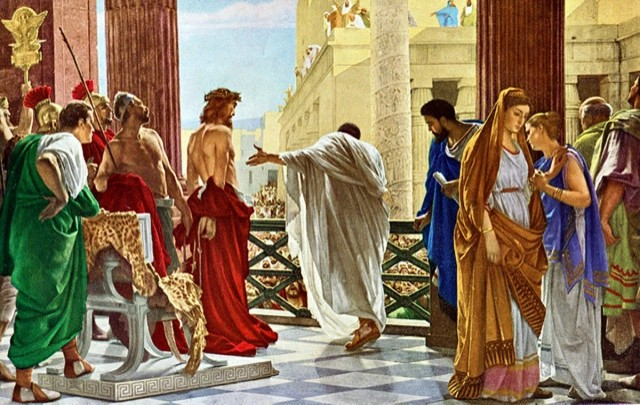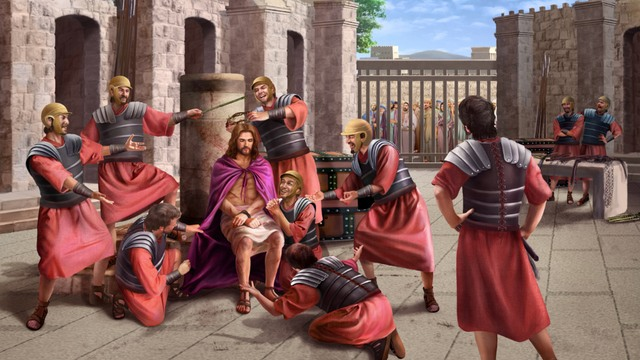Luke 6:42 How can you say to your brother, ‘Brother, let me take out the speck that is in your eye,’ when you yourself do not see the log that is in your own eye? You hypocrite, first take the log out of your own eye, and then you will see clearly to take out the speck that is in your brother’s eye.
Fault-finding putdown artists are actors (hypocrites), says Jesus. They have no intention of facing up to their own shortcomings, but only delight in point those out in others. There is a preadolescent mindset that begins with the discovery that demeaning others makes one feel powerful and superior. It’s a lie, says the Lord, for it leaves out the most important ingredient of all – humility.
Motives are cleansed by allowing God to convict and correct. The trouble is that fault-finders cannot distinguish conviction and condemnation. They count on condemnation disqualifying and eliminating others, so they cannot allow any scrutiny to be applied to their hearts or lives. No, says Jesus, “first take the log out of your own eye” – let the truth penetrate your life, be forgiven and freed, THEN you will understand conviction and freedom for others. At that point, when you remove THEIR speck, it will be out of love and desire for their best.

The teaching does NOT negate care to remove other’s specks. My own log – however huge and ugly – does not make me unable to help others with their (albeit smaller) issues.
If I am in the business of the putdown of others, I then need to ask about my own state before God. I can trust this – it’s a leading indicator of my own need for conviction, forgiveness, cleansing/healing and freedom. If and when my motives are pure – that is, I am no hypocrite but instead fully acknowledge my own imperfection and struggles – I can love people enough to confront them with things they may not see in themselves. For it’s no mistake the analogy involves the organ through which we see – we cannot see through a speck.
I rejoice in the freedom God gives me and all his children. It never comes without struggle and the first person’s struggle I deal with is my own. And then there is victory for us all!








